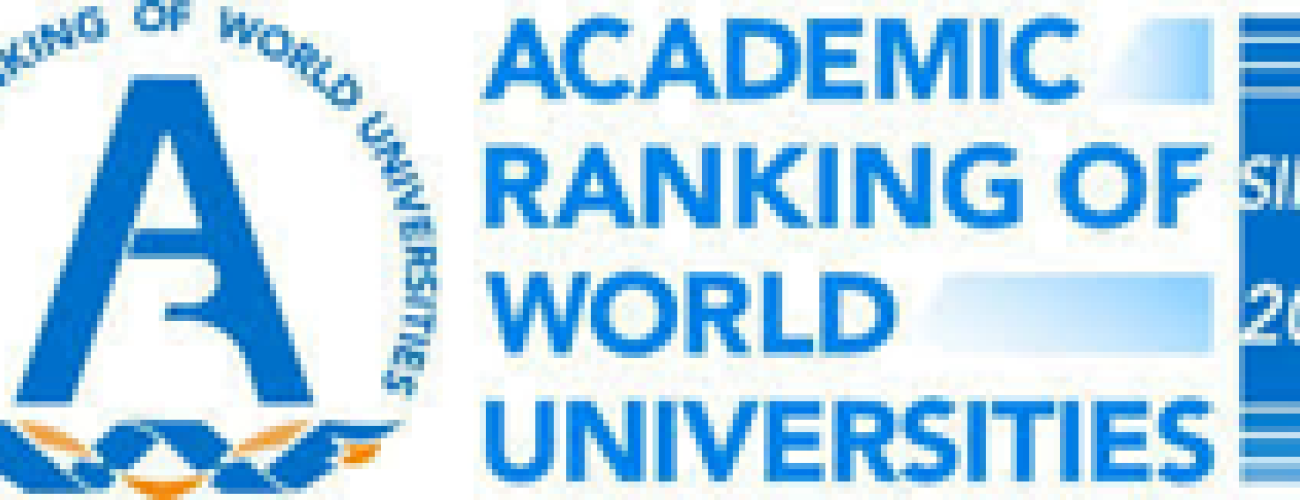
Latest Shanghai Ranking sees new collegiate universities follow in the footsteps of the ParisTech engineering schools
ParisTech was proud to see the Université Paris-Saclay and Paris Sciences & Lettres (PSL) recognised in the Shanghai Ranking for the first time. The two experimental universities, whose members include several of the ParisTech schools, scored very highly in a number of subjects, in particular in the engineering sciences. Their well-deserved success is a credit to each and every one of their constituent schools.
Over the past years, 15th August has become a much-anticipated date within the academic community in France, because this is when the prestigious Shanghai Ranking is published. The Global Ranking of Academic Subjects (GRAS) released in June had already revealed some promising results, but this year’s global ranking elicited even greater interest, because the recently created collegiate universities were expected to enter the rankings for the first time. Several ParisTech schools are part of these universities: AgroParisTech and the Institut d’Optique (Université Paris-Saclay) and Chimie ParisTech, ESPCI Paris and MINES ParisTech (Paris Sciences & Lettres).
The eagerly awaited results were no disappointment, with the Université Paris-Saclay and PSL ranking 14th and 36th respectively – remarkable achievements of which the country’s entire academic and scientific community can be proud, and which confirm that the ParisTech engineering schools and the other constituent faculties are fully committed to ensuring the success of these two new French universities.
Looking back, in 2019, three of the ParisTech schools earned a place in the overall ranking – AgroParisTech (701-800), ESPCI Paris (301-400) and MINES ParisTech (401-500). AgroParisTech achieved its best score for Agricultural Sciences (17th place) and also ranked highly for Food Science & Technology, Ecology, Atmospheric Science and several other subjects. ESPCI Paris was listed for Chemistry, Materials Science & Engineering and Medical Technology and MINES ParisTech was recognised for Metallurgical Engineering, Mechanical Engineering, Chemical Engineering and Economics. Last but not least, Chimie ParisTech featured in the rankings for Chemistry, Materials Science & Engineering and Nanoscience & Nanotechnology.
Although these ParisTech schools do not appear in this year’s ranking in their own right, they remain present as valuable members of the Université Paris-Saclay and PSL. ParisTech’s involvement in these new institutions underlines the fact that research is a core part of the strategy of the ParisTech schools, both within France, through connections with industrial companies, and abroad, via partnerships with many of the world’s top universities. The number of students who go on to pursue doctoral research after graduating pays further testimony to the close links between teaching and research that are maintained within all of the ParisTech schools.
ParisTech would also like to extend its congratulations to the Ecole des Ponts ParisTech and to Arts & Métiers Sciences et Technologies for their performance in the 2020 rankings. The Ecole des Ponts ParisTech retained its place in the rankings for Mathematics (301-400), Earth Sciences (201-300), Atmospheric Science (76-100) and Environmental Science & Engineering (301-400). This year it is also listed for Civil Engineering (201-300) and has moved up the rankings for Economics (201-300). Arts & Métiers Sciences et Technologies was again recognised for Mechanical Engineering (151-200) and achieved commendable first-time rankings for Automation & Control (151-200) and Metallurgical Engineering (76-100).
Any ranking is of course relative and does not steer the strategy of the schools. Nonetheless, the institutions listed benefit from increased visibility on the global stage. The only thing missing now is an international ranking for degrees in Engineering & Management, similar to that which already exists for MBAs.

